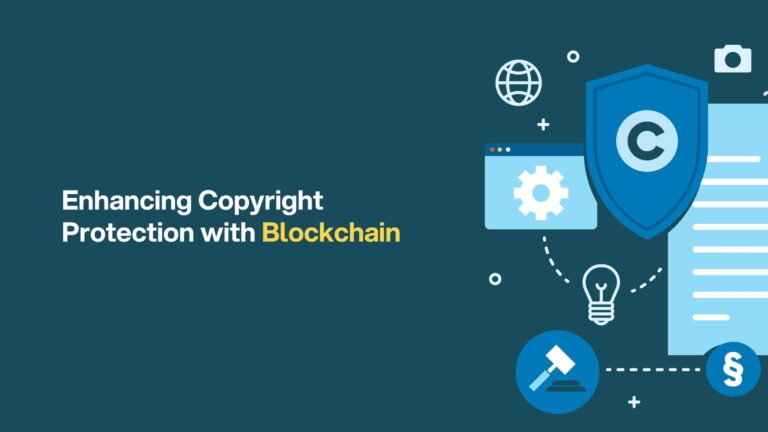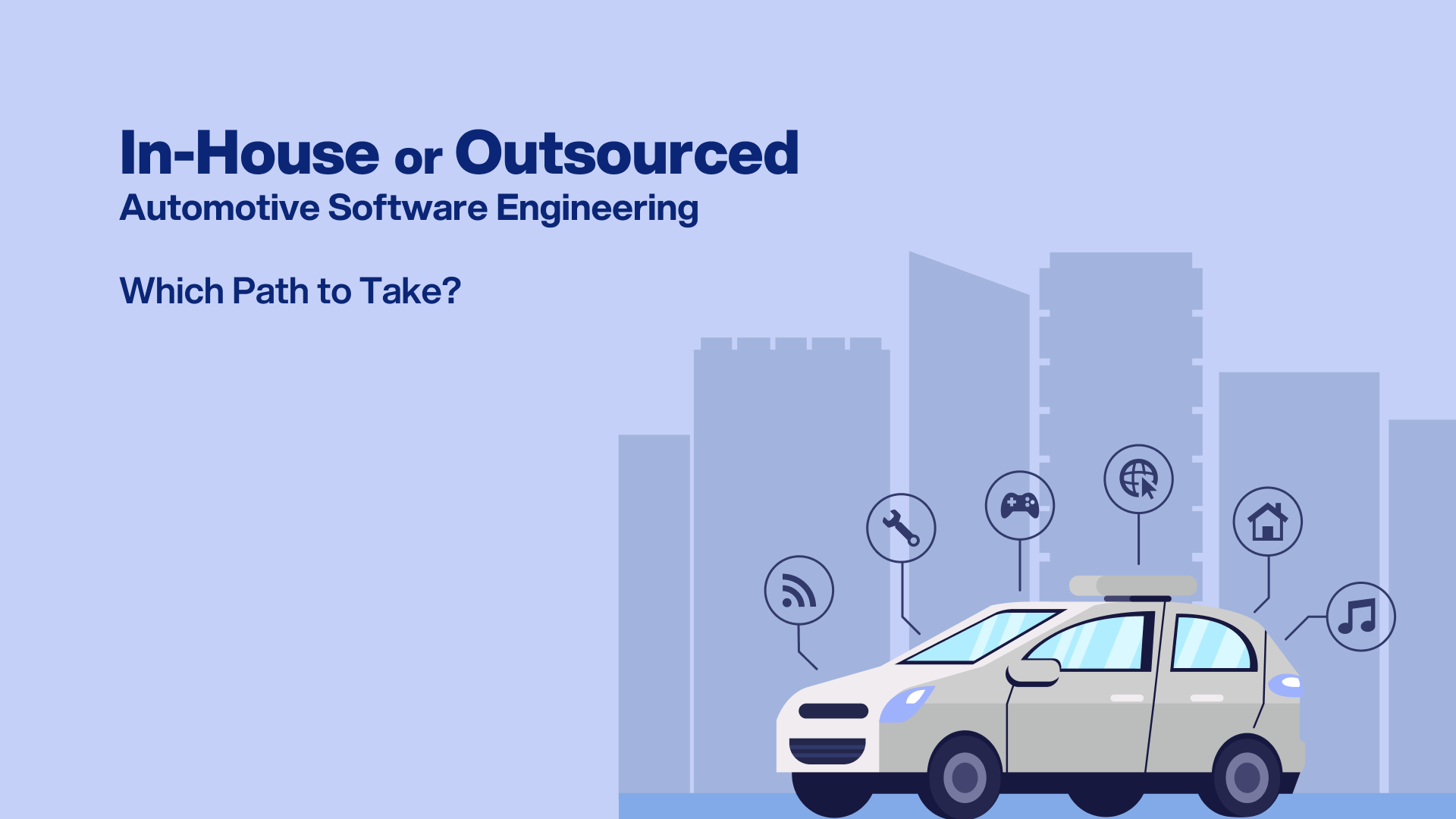
Contents
Nowadays digital content is easily copied and shared, protecting copyright and intellectual property (IP) has become more challenging than ever. Enter blockchain technology: a decentralized, transparent, and immutable solution that promises to redefine copyright management. By offering traceability, automated smart contracts, and robust verification, blockchain can tackle issues like online piracy and unauthorized use, reduce legal costs. It increases the effectiveness of copyright enforcement. This technology could be the key to securing digital rights and ensuring creators receive the protection and recognition they deserve.1
Enhancing Copyright Protection with Blockchain
The rise of digital copyright in the internet era changed how information is shared. This gave copyright owners a boost in revenue. However, as digital content can be easily captured and reproduced. This led to new challenges, especially with the growing number of copyright infringements. Blockchain technology is known for being decentralized, secure, timestamped, and traceable. It is now gaining attention beyond finance. It’s being integrated into various industries to create new, efficient solutions. For example, in supply chains, blockchain tracks goods to prevent counterfeiting. In healthcare, it ensures secure sharing of patient data. And in energy, it enables peer-to-peer trading of renewable energy.
With its vast potential, blockchain is set to disrupt many sectors including digital copyright protection. By offering more transparency, reducing piracy, and ensuring fair compensation for creators, blockchain could changing the way we protect intellectual property, offering exciting possibilities for the future of copyright management.2
Digital Copyright Registration and Confirmation
Blockchain technology has the potential to simplify and secure the copyright registration process which makes it easier to confirm and protect creative works. By registering a work on a blockchain, a unique digital fingerprint is created. This provides an efficient way to track and monitor its use across various mediums like text, art, and music. Such tracking makes identifying unauthorized use quicker and more accurate. This discourages infringement and enables copyright holders to take action with greater ease.
Moreover, blockchain can also streamline the transfer of copyright ownership. It also automates processes like licensing and royalty payments through smart contracts. These self-executing contracts ensure that creators receive fair compensation for their work. These also reduce administrative costs and increases transparency in royalty distribution. This not only protects the rights of creators but also fosters a more efficient and trustworthy copyright system.3
Transparency and Traceability
One of the key advantages of blockchain technology is its ability to offer unparalleled transparency and traceability. Every transaction and change in ownership is securely recorded on the blockchain. This makes it easy to track how copyrighted works are used and distributed. This level of transparency can significantly reduce the risks associated with online piracy and unauthorized use.
Blockchain also opens doors to new possibilities by providing instant access to copyright information. It also allows for real-time tracking of changes and usage. Additionally, it ensures that creators maintain sovereign ownership of their digital content, with the added benefit of immediate remuneration. This can revolutionize the way digital content is managed and protected, offering both security and fairness for creators.4
Smart Contracts and Automated Licensing
Copyright Protection Using Blockchain Technology can be greatly enhanced through smart contracts. These self-executing contracts, written directly into code, automate the licensing process. As a result, the need for collective management organizations is reduced. It also simplifies copyright enforcement. Smart contracts can also ensure fair compensation for creators through cryptocurrency payments.
While not legal contracts, smart contracts are programmed instructions on the blockchain that automatically execute terms and permissions. They allow rightsholders to maintain control over who accesses their work. When a user purchases a digital asset, the smart contract is instantly triggered, automating the process.
By leveraging blockchain and smart contracts, copyright protection can be revolutionized, offering more control, lower costs, and faster payment for creators.5
Find Your Perfect Software Outsourcing Partner
Unlock a world of trusted software outsourcing companies and elevate your business operations seamlessly.
Discover CompaniesChallenges and Considerations
Legal and Regulatory Challenges
The use of blockchain in copyright management is promising but faces various legal and regulatory setbacks. For instance, it is important to determine where to store copyrighted content (on-chain or off-chain). Additionally, the legal status of online intermediaries needs to be adjusted to fit within this new system. Another challenge is the immutability of blockchain records, which can conflict with the need to modify them. These hurdles need to be addressed to fully unlock the potential of blockchain for copyright protection.
Economic Viability
One needs to carefully consider the economics of blockchain-based copyright management systems. This ensures relevant parties achieve the necessary network effects. Careful consideration of the economics of blockchain-based copyright management systems is essential to ensure they achieve the necessary network effects. Key factors to address are:
- the costs associated with implementing and maintaining these systems.
- the legal status of transactions involving cryptocurrencies and smart contracts.
Blockchain’s Potential Future in Copyright and IP Management
Intellectual property protection is essential for innovation, as it drives and safeguards creativity. The rise of internet-based platforms has led to the rapid growth of digital content (videos, audio, images, and text) contributing greatly to economic development. However, traditional copyright protection systems struggle to keep up with digital media, often failing to prevent copyright infringement and relying on inefficient, centralized registration processes. This is where blockchain technology comes in. By enhancing copyright protection using blockchain technology, it offers a decentralized, trustless system that is traceable and tamper-proof. These features provide better security for digital media assets, ensuring creators’ rights are protected in the digital age.
Unified Digital Copyright Protection Platform
By establishing a unified blockchain digital copyright protection platform, it is possible to efficiently record the entire copyright registration and confirmation process, monitor and capture data infringements, and provide objective electronic evidence. This can reduce the cost of rights protection and increase the success rate of judicial remedies.
Counterfeit Detection and Prevention
Blockchain’s counterfeit transaction detection mechanism can verify the existence and originality of copyrighted works, thereby diminishing the value of counterfeiting endeavors. This capability has been acknowledged by organizations such as the European Union Intellectual Property Office (EUIPO), which is investigating blockchain’s potential through initiatives like hackathons designed to develop proof of concepts.
Conclusion
Copyright protection using blockchain technology has the potential to revolutionize copyright and intellectual property management. However, to fully unlock its benefits, it’s crucial to address legal, regulatory, and economic challenges. Overcoming these hurdles could enable blockchain to fundamentally change how digital content is distributed and protected, offering a more secure and efficient system for creators and consumers alike.
References
[1] Copyright in the Blockchain Era: Promises and Challenges ↩
[2] Application of Blockchain Technology in Intellectual Property Protection ↩
[3] Research on digital copyright blockchain technology ↩
[4] Blockchain and Copyright: Challenges and Opportunities ↩






